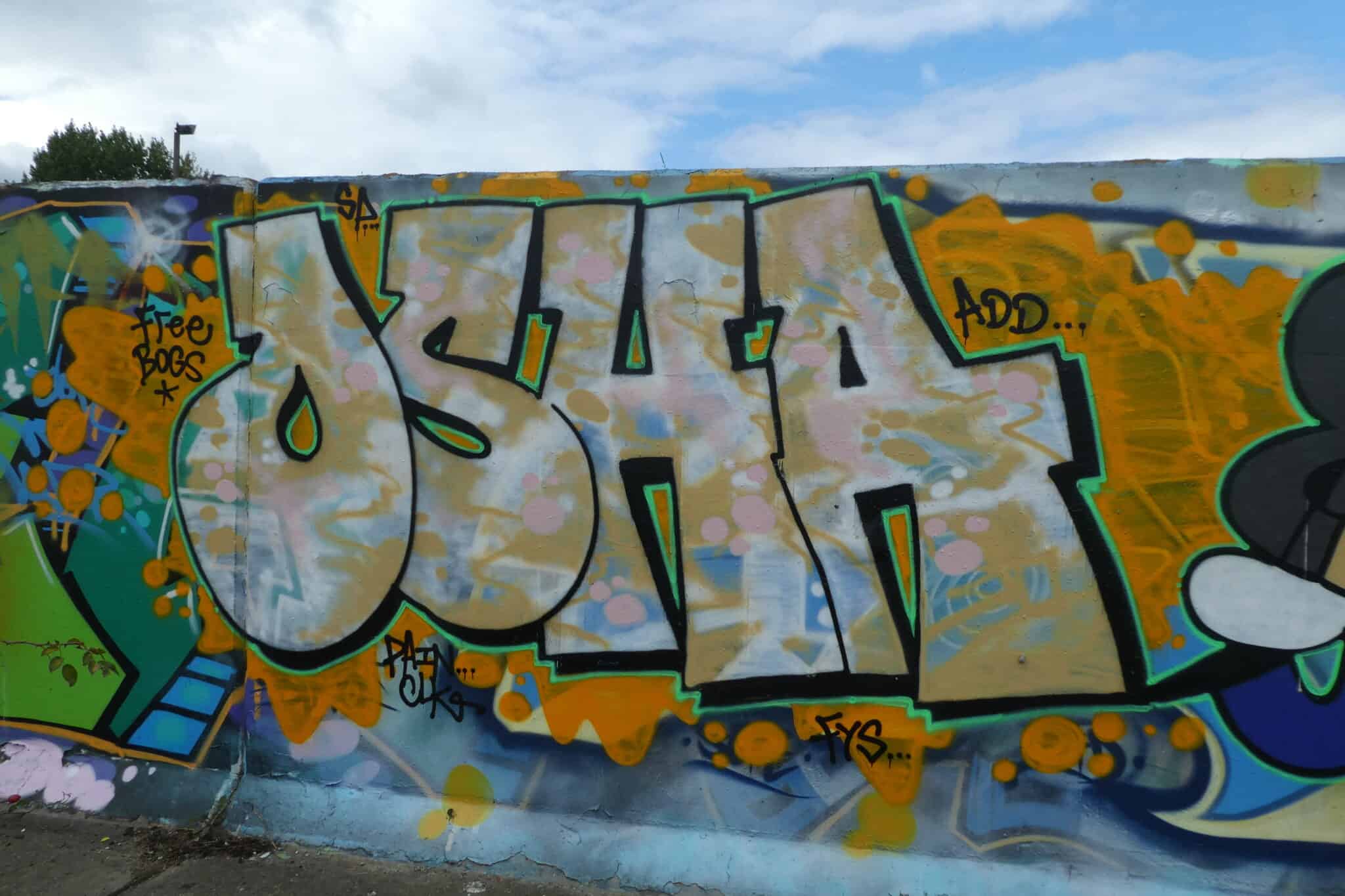
Jason Vazquez is a staff attorney at the International Brotherhood of Teamsters. He graduated from Harvard Law School in 2023. His writing on this blog reflects his personal views and should not be attributed to the Teamsters.
On Tuesday, the U.S. Court of Appeals for the Sixth Circuit, based in Cincinnati, Oh., won a lottery to hear the consolidation of dozens of petitions filed by Republican attorneys general, industry groups, corporations, and labor unions challenging the Biden administration’s OSHA regulation, promulgated earlier this month, requiring that large employees impose a regime of vaccinations or weekly viral testing.
The unions challenging the regulation appear to have done so in a strategic effort to channel the litigation into a more favorable forum. Ultimately, the legality of the vaccine-or-test rule will likely be resolved by the Supreme Court.
As Kevin covered over the weekend, healthcare giant Kaiser Permanente recently reached a tentative agreement with thousands of its employees, averting a sweeping that would have started on Monday. Still, the company will face significant labor disruption in northern California this week, as more than 60,000 employees intend to walk off the job Thursday and Friday in support of hundreds of the facility’s biomedical engineers, who have been striking for weeks.
Labor unrest is unfolding on the east coast as well, as more than 100 New York Times staffers protested outside the Times’ headquarters on Tuesday alleging that the newspaper has stalled contract negotiations. The Times Guild — which represents over 1,000 journalists and reporters at the Times — has been locked in negotiations with the publisher for nearly eight months.
Michelle Wu (D) was sworn in as the 56th Mayor of Boston on Tuesday. Mayor Wu — who was, as I noted a couple weeks ago, endorsed by several major unions — has espoused a deep commitment to distributive justice and worker empowerment. “Michelle is focused on confronting wealth inequality and building economic prosperity through a commitment to labor rights,” her campaign website says.
In organizing news, public school bus drivers in South Burlington, Vermont, citing “low wages” and “a grueling working schedule,” overwhelming voted to unionize on Monday, reflecting a broader national trend of bus drivers engaging in organizing and strike activity.
Indeed, this fall has witnessed work stoppages among bus drivers in nearly a dozen states across the country, which have forced some districts to temporarily shutter schools, adjust schedules, raise pay, and offer bonuses. In short, “[t]he drivers of the vehicles that shuttle America’s children to and from school,” a piece in the Guardian observed yesterday, “are now caught in the wave of labor unrest sweeping across the US.”






Daily News & Commentary
Start your day with our roundup of the latest labor developments. See all
February 19
Union membership increases slightly; Washington farmworker bill fails to make it out of committee; and unions in Argentina are on strike protesting President Milei’s labor reform bill.
February 18
A ruling against forced labor in CO prisons; business coalition lacks standing to challenge captive audience ban; labor unions to participate in rent strike in MN
February 17
San Francisco teachers’ strike ends; EEOC releases new guidance on telework; NFL must litigate discrimination and retaliation claims.
February 16
BLS releases jobs data; ILO hosts conference on child labor.
February 15
The Office of Personnel Management directs federal agencies to terminate their collective bargaining agreements, and Indian farmworkers engage in a one-day strike to protest a trade deal with the United States.
February 13
Sex workers in Nevada fight to become the nation’s first to unionize; industry groups push NLRB to establish a more business-friendly test for independent contractor status; and UFCW launches an anti-AI price setting in grocery store campaign.